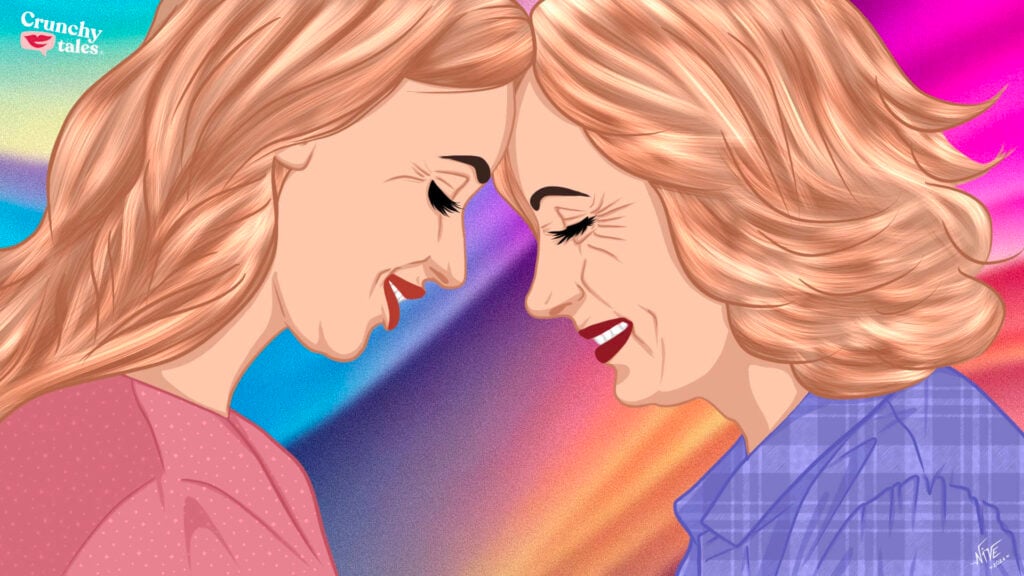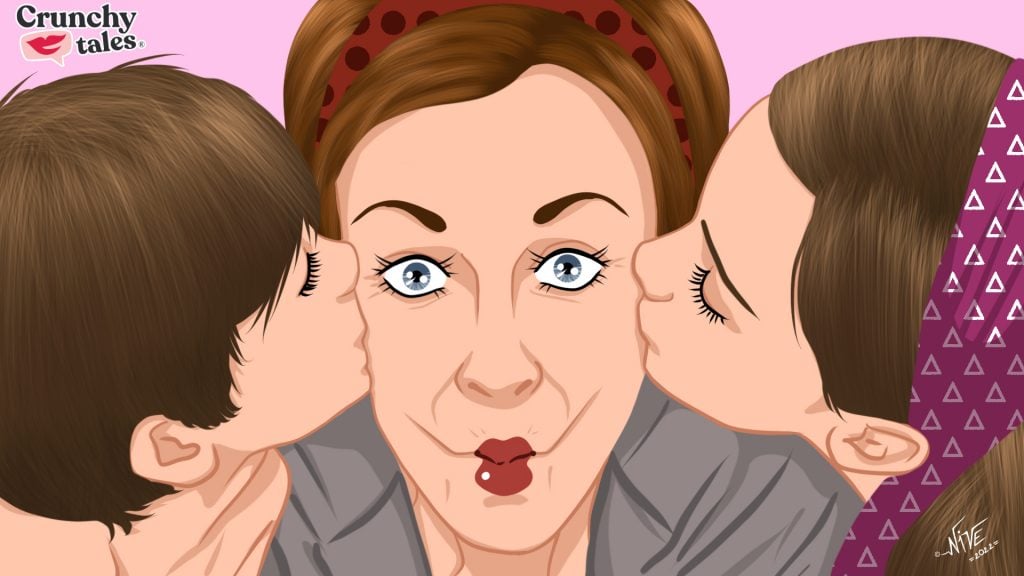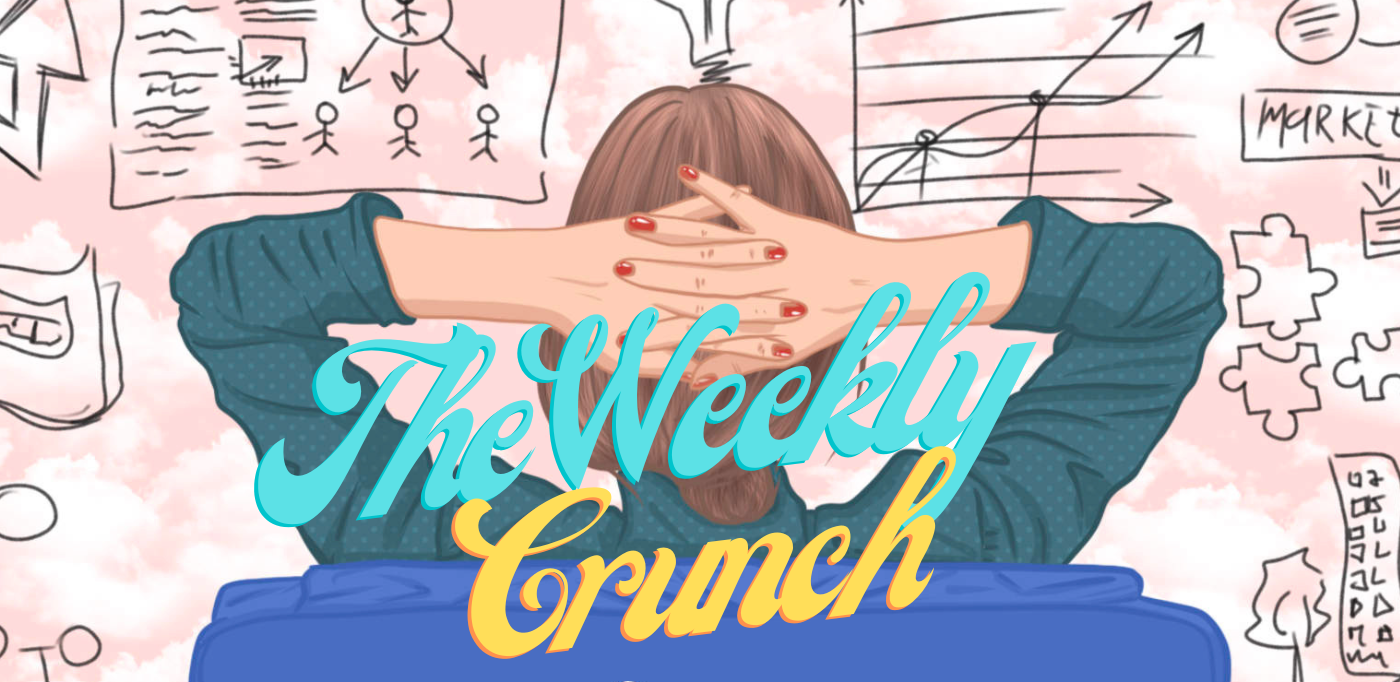The Evolving Bond: What Our Mothers Still Teach Us After 50
I lost my mother in my late thirties. At the time, I thought I understood the fullness of what she had given me—the care, the worry, the unspoken sacrifices. But now, well into my fifties, I often find myself wondering not only who she was, but who we might have become to each other in this next chapter of life.
There’s something uniquely profound about the relationship between a woman and her mother once she herself becomes older, perhaps even a grandmother, or long past the demands of childrearing and career-building. If we are lucky enough to still have our mothers with us, this stage can become a time of surprising tenderness—a rebalancing of roles, of friendship forming where there was once only hierarchy.
Seeing Her Clearly, Finally
As we grow older, we begin to see our mothers with a new clarity: as women with dreams, limitations, flaws, and private histories.
The patience we didn’t have at twenty softens our view. We notice their aging hands, the fragility that creeps in where once there was command. Conversations stretch out in quieter, deeper ways. We ask more questions. We listen with fewer agendas. And sometimes, if we’re fortunate, we laugh together in a way that feels both familiar and freshly earned.
This shift is what makes the motherhood legacy so enduring, even when time has changed the dynamics.
Our mothers, even in their aging, continue to offer us lessons—what our mothers still teach us after 50 is often more about presence than advice, more about being than doing. These lessons are subtle, but profoundly impactful as we navigate our own changing roles in life.

When Absence Still Teaches
But not all mother-daughter relationships come neatly resolved in midlife. Some remain strained or distant, others tender but complicated. And for those of us whose mothers are no longer here, or were never emotionally present to begin with, this season can stir a surprising ache. I find myself imagining how our relationship might have changed. Would she have confided in me more? Would we have shared stories over long walks, offered each other advice not from obligation but from understanding?
Even in her absence, she is present. Her voice shows up when I’m unsure. Her expressions flicker across my face in the mirror. She lives in the rhythms of how I comfort my grown children or in the things I’ve stopped apologising for. She is, in some invisible way, still shaping me. The grief and growth we experience after losing a mother can be profound, creating a legacy of wisdom that shapes us long after she’s gone.
Even without physical presence, the lessons from what our mothers still teach us after 50 echo in the decisions we make, the care we offer, and the strength we develop in their absence.
The Mother Figure Beyond Biology
The idea of the “mother figure” also takes on new dimensions in our later years. Perhaps we find maternal warmth in a friend, an aunt, a mentor—or in the role we now play for others. We become the matriarchs, often reluctantly at first, realising that we are now the keepers of recipes, of stories, of steadiness.

Daughters, Still—and Something More
At this stage of life, to reflect on one’s mother is to reflect on a continuum—what we were given, what we rejected, what we’ve chosen to carry forward. Whether your mother is near, far, or gone, she remains a thread in the fabric of your becoming.
So this month, in our celebration of resilience, identity, and self-renewal, I invite you to take a moment to honour the maternal presence in your life—whatever form it takes. Not with sentimentality, but with honesty. With gratitude for the lessons, the love, and even the longing.
We are, in so many ways, still our mothers’ daughters. And now, perhaps, something more.
How has your relationship with your mother evolved over the years?
Like this article? Sign up to our newsletter to get more articles like this delivered straight to your inbox.




This Post Has 0 Comments